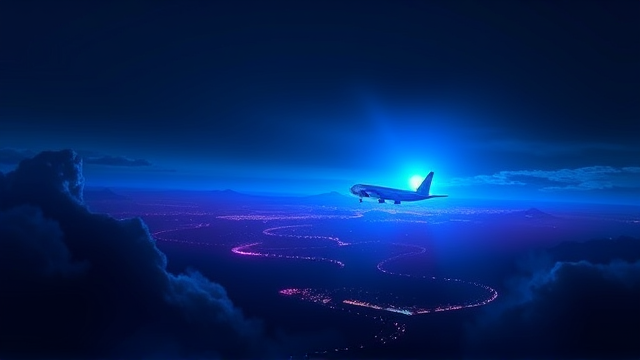Madagascar President Warns of Coup Attempt from Hiding.
The political landscape of Madagascar has been plunged into a state of high-risk uncertainty following the sudden and clandestine departure of President Andry Rajoelina, with initial, unconfirmed reports suggesting he was evacuated via a French military jet to an undisclosed location. This isn't merely a leadership crisis; it's a textbook scenario for a potential coup d'état, a high-stakes political shock that risk analysts have been modeling for nations with fragile democratic institutions and a history of military intervention.The immediate trigger remains shrouded in opacity—was this a preemptive exodus in the face of an imminent, orchestrated takeover by dissident army factions, or a strategic retreat to consolidate international support from a secure offshore position? The silence from the presidential palace is deafening, a vacuum of information that itself becomes a primary risk factor, fueling rampant speculation and creating a power void that opposing forces will be tempted to fill. To understand the gravity, one must look to the historical precedents that litter the African continent and beyond; the 2009 coup that unseated Marc Ravalomanana serves as a stark, local reminder of how quickly political tensions can escalate into a full-blown seizure of power, fundamentally altering a nation's trajectory and its standing with international partners like the African Union and the Francophonie.The geopolitical ramifications are immense, creating a potential flashpoint that could see foreign powers taking sides, with France's alleged involvement already a contentious point that could either stabilize the situation or inflame anti-colonial sentiments. From a risk-assessment perspective, we must model several plausible scenarios: a rapid consolidation of power by a rival political bloc, a protracted period of instability leading to a fractured government, or worst-case, a violent military confrontation on the streets of Antananarivo.The economic fallout is already calculable, with the Malagasy ariary likely to face severe devaluation, foreign direct investment freezing instantly, and critical development projects being put on indefinite hold, devastating an economy heavily reliant on agriculture and tourism. The human security dimension cannot be overstated; in such power vacuums, the rule of law often disintegrates, leading to potential civil unrest, targeted violence, and a humanitarian crisis that would disproportionately impact the most vulnerable populations.The strategic calculus for regional bodies and global powers is now underway, weighing the principles of non-interference against the imperative to prevent a complete state collapse in a strategically significant Indian Ocean nation. This event is a stark reminder that in the modern era, political risk is not a theoretical exercise but a dynamic and volatile force, and the situation in Madagascar represents a critical test case for how the international community responds to a brewing storm where the president is governing from hiding and the fate of a nation hangs in the balance.
Latest News
In a seismic political maneuver that has sent shockwaves through the corridors of European power, French Prime Minister Gabriel Attal has formally proposed the
50 minutes ago0 comments
On a day that should have been defined by the simple peace of a coffee break, a teenager known only as ‘Arda K’ waded into an open-air cafe in Eskisehir,
58 minutes ago0 comments
The impending Pentagon defense strategy report, a document anticipated with profound gravity within global diplomatic and military circles, signals a tectonic
1 hour ago1 comments
In a development that recalls the careful diplomatic positioning of historical statecraft, Prime Minister Keir Starmer has publicly acknowledged the
1 hour ago0 comments
The viral hot-mic moment in which Indonesian President Prabowo Subianto was heard asking US President Donald Trump if he could meet his son Eric shortly after
2 hours ago1 comments
In a strategic maneuver that reads like a contingency plan ripped from a geopolitical risk assessment, China is reportedly training its soldiers to function as
2 hours ago0 comments
The exclusion of women from a Muslim charity run in London’s Victoria Park, organized by the East London Mosque and London Muslim Centre, has ignited a
3 hours ago0 comments
In a political maneuver that felt more like a campaign rally than a parliamentary statement, Keir Starmer took to the Commons floor today with a declaration
3 hours ago1 comments
It’s quiet here...Start the conversation by leaving the first comment.
